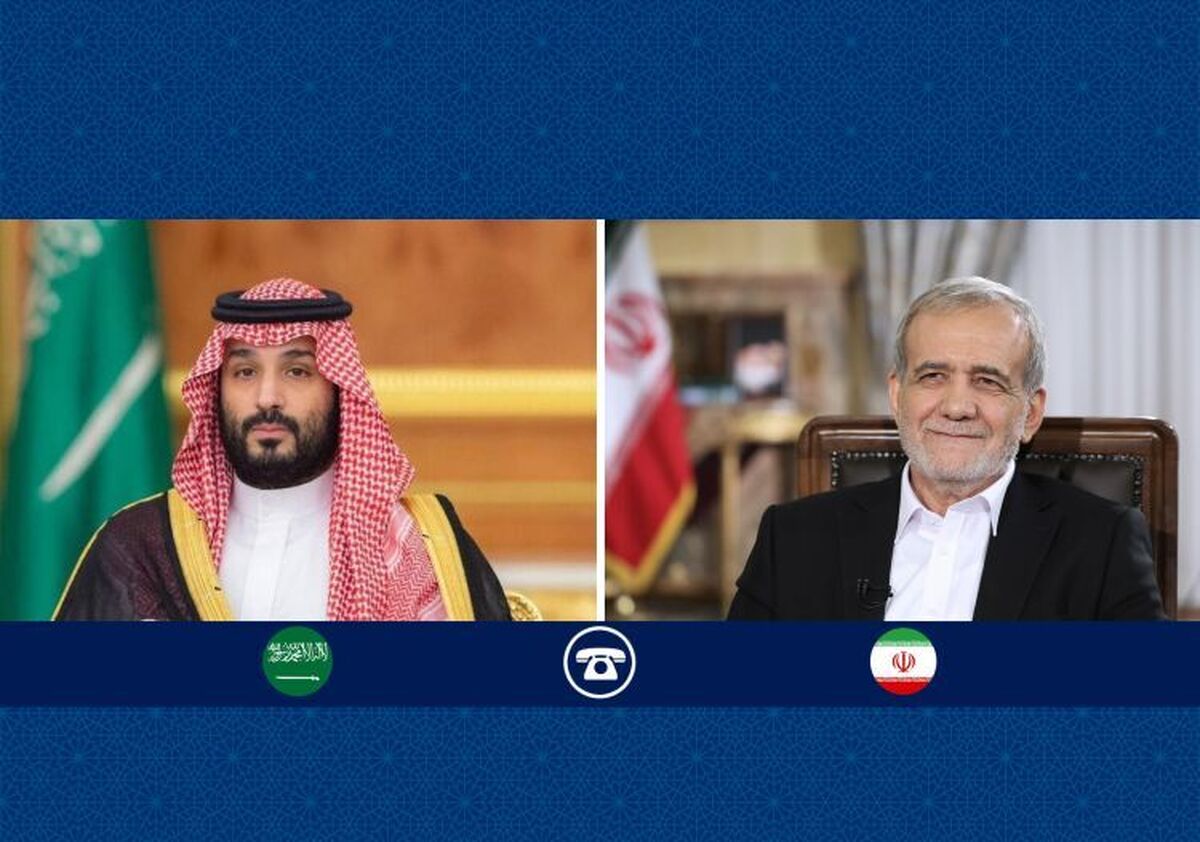
Trade With Saudi Arabia Resumes With Iranian Exports
EghtesadOnline: After a one-and-a-half-year hiatus in trade, Iran has exported $39,000 worth of commodities to its southern neighbor Saudi Arabia since President Ebrahim Raeisi’s first term began in August, according to the spokesperson of the Islamic Republic of Iran Customs Administration.
“Out of the overall sum, $33,000 were a specific type of glass used in traffic signs and $6,000 constituted tiles,” Rouhollah Latifi was also quoted as saying by Mehr News Agency.
“This marks a new beginning in Iran and Saudi Arabia’s economic, political and cultural relations after the two countries began negotiations to solve tensions.”
Sadreddin Niavarani, a member of the board of directors of Fruit and Vegetables Exporters Association, says Saudi Arabia can be a big market for Iranian agricultural products.
“Before tensions sparked between the two countries, Iran used to export around $1 billion worth of different agricultural commodities to the Arab country per year. Our main exports were apple, kiwi, apricot, cherries, peach and nectarine,” the official told ILNA.
The Saudi people, Niavarani said, have always had a liking to Iranian products, noting that there are no hard feelings between businesspeople from the two countries and old trade partners have continued working with each other despite political issues.
“The two sides have continued trade even during the tensions, as commodities were usually traded through intermediaries. Before negotiations began, Iranian products first went to countries such as the UAE, where their labels of origin would change and then the consignments were reexported to Saudi Arabia,” he added.
Niavarani believes political tensions can never cause serious and everlasting obstacles in the way of commercial and financial interactions between nations.
“Agricultural products, in particular, will eventually find their way to their intended markets. Iran has high-quality agricultural products, which have their own consumers in destination markets. Right now, people in Saudi Arabia prefer to purchase Iranian apples instead of Turkish ones for double the price,” he said.
Thaw in Relations
The Saudi foreign minister said recently the kingdom is “serious” about talks with Iran, signaling Riyadh’s desire to repair relations between the two regional powers.
A Saudi official said Riyadh was considering allowing Iran to reopen its consulate in the port city of Jeddah but said the talks have not made sufficient progress to restore full diplomatic relations.
The kingdom has held four rounds of talks with Iran since April, including a first meeting last month with the government of President Raeisi. The negotiations reflect a tentative de-escalation in the region, following the election of US President Joe Biden and with the economic hardship wrought by the pandemic.
Prince Faisal bin Farhan al-Saud, the Saudi foreign minister, told Financial Times that the talks with Iran had been “cordial”, while describing the negotiations as “exploratory”.
“We are serious about the talks,” he said. “For us, it’s not that big a shift. We’ve always said we want to find a way to stabilize the region.”
Riyadh and Tehran cut diplomatic ties in January 2016 after the Saudi Embassy in Tehran was stormed by protesters. The diplomatic mission was attacked after Saudi Arabia executed a prominent Shia cleric, Sheikh Nimr al-Nimr, without due process.
Riyadh is also considering allowing Tehran to reopen its representative office for the Organization of Islamic Cooperation in the port city. However, the kingdom is not yet ready to reopen a consulate in the Iranian religious city of Mashhad, as a senior official said the dialogue so far lacked “substance”.
Discussions have been taking place amid European diplomatic efforts to broker a deal on Washington’s return to the nuclear deal Tehran signed with world powers in 2015. Talks have stalled since Raeisi’s election in June.
The Saudi official added that Tehran was “focused on signaling”. “Especially to the West, [they are signaling] that ‘look, we have resolved our issues with the Saudis and any lingering things we can work out together, so don’t talk to us about regional security’,” he said.
Tensions between Saudi Arabia and Iran soared after Riyadh backed former US president, Donald Trump’s decision in 2018 to unilaterally withdraw the US from the nuclear deal with Tehran and impose tough sanctions on the Islamic Republic. The following year Iran was blamed by the US and Saudi officials for orchestrating a sophisticated missile and drone attack on Saudi Arabia’s oil infrastructure that temporarily knocked out half the kingdom’s crude output. Tehran denied the charge.
But Saudi Arabia appeared to have recalibrated its more assertive foreign policy after Biden took office and pledged to reassess relations with the kingdom, criticizing the murder of veteran journalist Jamal Khashoggi by Saudi agents in Turkey and freezing some arms sales to Riyadh.
The Saudi foreign minister said “the leadership has a clear policy that the priority is prosperity, building the country, Vision 2030 [reform plan], and you can’t deliver those things with a region in turmoil,” he said.
“So while we will vigorously defend our national security and our sovereignty, we will try to resolve them through diplomacy as well.”
Prince Faisal noted that there was a “confluence of events that made it feel like it was the right moment” to talk to Iran.
“We were always willing to talk, if they might actually be serious,” he said. “Various factors came into play.”




